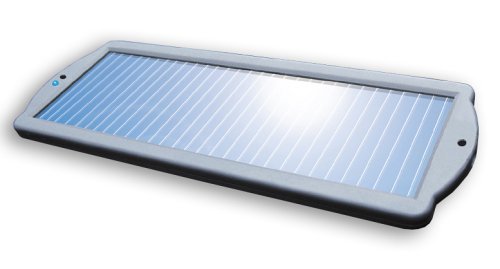
“Although dwarfed by the big renewable energy projects that many industrialized countries are embracing to rein in greenhouse gas emissions, these tiny systems are playing an epic, transformative roleâ€, wrote the author of the article, Elisabeth Rosenthal.
The article highlights the incredible value that renewable energy can add to people’s lives (besides the environmental benefits, of course). The African family the journalist focused on was able to save money after installing an $80 solar panel because it no longer needed to buy kerosene and batteries ($15 per month) plus another $20 spent on travel to buy the goods. Besides, the kids got better grades at school because they now have light for studying.
When you consider that 1.5 billion people in the world still don’t have access to electricity, small scale renewable energy can provide a very practical answer to the problem without adding further pressure to the planet. Currently, only around six to seven per cent of solar panels produced do not feed into the grid, but the situation is starting to change, the article says.
One of the angles in this article that is worth highlighting is the use of renewable energy by the world’s poor. There is a misconception that renewable energy is the privilege of the rich. Articles like this debunk the myth altogether and show that besides benefitting the environment, alternative energy can also benefit the economically excluded.
The truth is that everyone can benefit from renewable energy, be in poor, developing and developed countries. An increasing number of people are finding novel solutions to deploy small-scale solar power.
One example is the concept of solar communities. These are communities where individuals come together to purchase and install a solar power device in a single, communal location, according to a recent article published on Get Solar.
The article mentions a guide on how to set up a solar community, published by an organization called Northwest Sustainable Energy for Economic Development (SEED), which works “to build a framework for clean and affordable energy systems throughout the Northwest.â€
While 2010 saw megawatt solar farm projects getting off the ground, it seems that small scale renewable energy (such as rooftop solar panels) will represent a big portion of the future of solar and renewable energy in general.
Via Herald Tribune






Nice article on renewable energy.
Nice article you have here. Very helpful information, keep up the great work and info. thank you for putting your time into it!